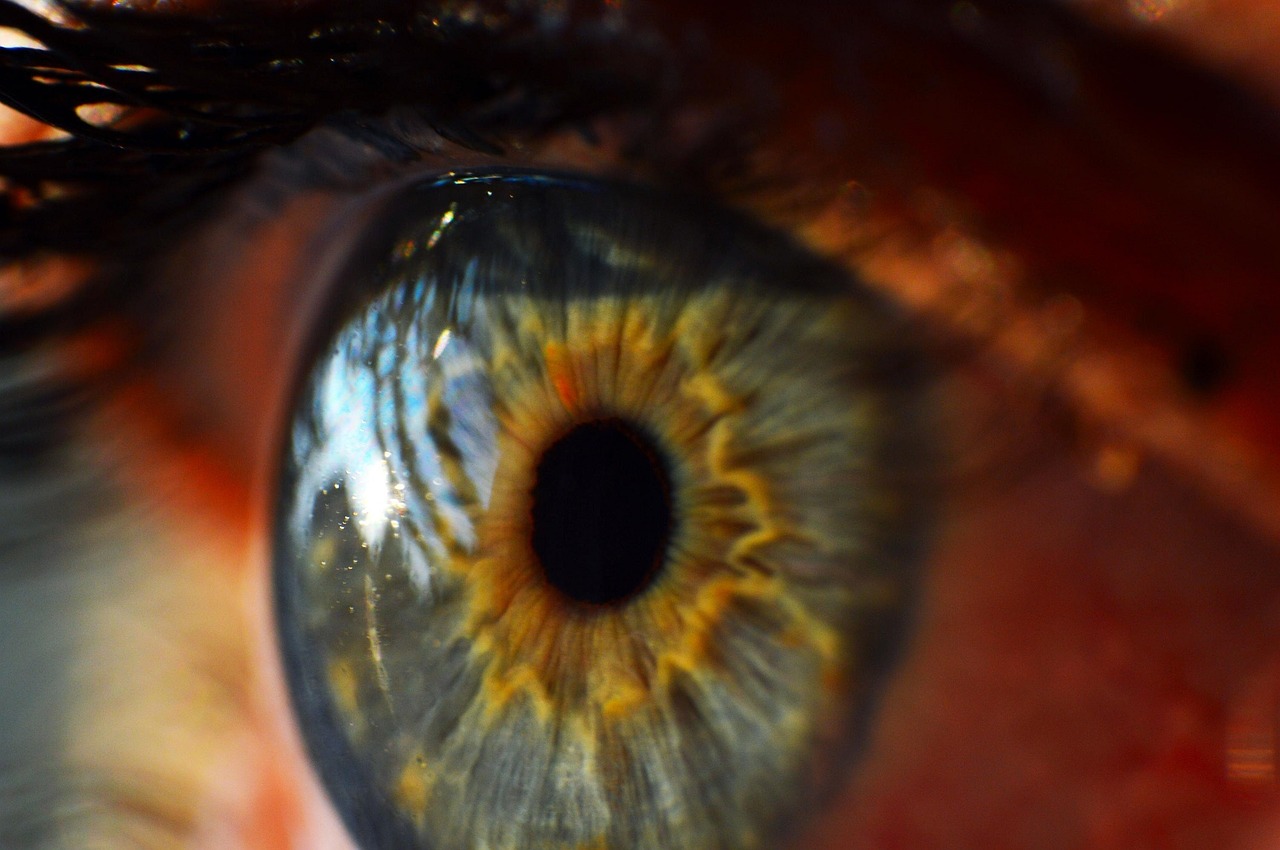
What are you doing with your appendix these days? Chances are, not a lot. The appendix is thought to be a vestigial trait in humans. That is to say, it is part of the body that might once have served a useful function in our distant past, but now is useless or nearly useless.*
At university I studied Biological Anthropology, and vestigiality fascinated me. Fossilised footprints and fragments of skull from hundreds of thousands of years ago were all very well, but here were signposts to our past that we all carry around inside us every day. Did we once have tails? Your coccyx suggests we did. Were we once able to move our ears? Well you still have the muscles, even if you can’t use them. Could we once close a transparent third eyelid across our eyeballs? The plica semilunaris in the corner of your eye seems to think so. And were we once happy digesters of now indigestible leaves? “Yes!” says your appendix.
For me, these quirks of nature are the living proof of the most elegant and glorious of all God’s creation: the process of evolution.
I hope you’ll forgive me if I tell you that your body is not perfect. I’m not talking about your frizzy hair or that embarrassing tendency to snort when you laugh; I’m talking about inbuilt flaws that are out to scupper you. Take your pharynx, for example. Who knows how many people have choked to death because humans have to breathe and swallow food through the same structure? Or what about the blind spot in our eyes? That’s less than ideal when we rely on our vision for survival.
If we were to set out to design the human body from scratch we would certainly iron out these niggles before we went into production. Evolution however, is not the swish of a paintbrush but a stunningly elegant process of engineering. Yes, it results in flaws, but it also allows the vast multitude of life on Earth – from ants to antelopes to thermophilic bacteria clustering round deep sea vents – to develop in every possible niche from the most simple starting points.

Sharing common ancestry with apes and bears and sea squirts only increases my wonder at the brilliance of creation. If you took apart a whale’s flipper, a horse’s leg and a human arm it is beautiful to me that you would find the same bone structure within each one. Three creations adapted and evolved the same way for so long, then adapted and evolved in different directions to fill their own niche in the world. Astonishing.
There will always be debate and discussion about whether a specific characteristic is truly vestigial or merely has a function we haven’t yet figured out. However, when I think about these proud markers of our development as a whole, I feel excited to be part of this world. If designing every living thing from scratch is amazing , then creating a process that does the designing itself, that creates such enormous variety and beauty, truly is sensational. What an incredible world. What an awesome creator.
*Editor: This post was written some years ago, and evidence has come to light that the appendix may actually be quite useful. The point remains, however, that aspects of our bodies point to our past – whether they are useful at the moment or not!
 Chloe Banks is a prize-winning short story writer and novelist who lives on the edge of Dartmoor with her husband, two tiny sons and an overactive imagination. At the age of 19, having become overwhelmed by the evidence in favour of Christianity, she became a Christian and is now part of a rural community church. While studying Biological Anthropology at the University of the West of England in Bristol, a friend dared her to enter a novel-writing competition for undergraduates. The novella she produced was shortlisted and the writing bug had bitten. Her first novel, The Art of Letting Go (Thistle Publishing, 2014), has been a kindle bestseller, and is nominated for the 2016 People’s Book prize. Find out more about Chloe at www.chloebanks.co.uk.
Chloe Banks is a prize-winning short story writer and novelist who lives on the edge of Dartmoor with her husband, two tiny sons and an overactive imagination. At the age of 19, having become overwhelmed by the evidence in favour of Christianity, she became a Christian and is now part of a rural community church. While studying Biological Anthropology at the University of the West of England in Bristol, a friend dared her to enter a novel-writing competition for undergraduates. The novella she produced was shortlisted and the writing bug had bitten. Her first novel, The Art of Letting Go (Thistle Publishing, 2014), has been a kindle bestseller, and is nominated for the 2016 People’s Book prize. Find out more about Chloe at www.chloebanks.co.uk.